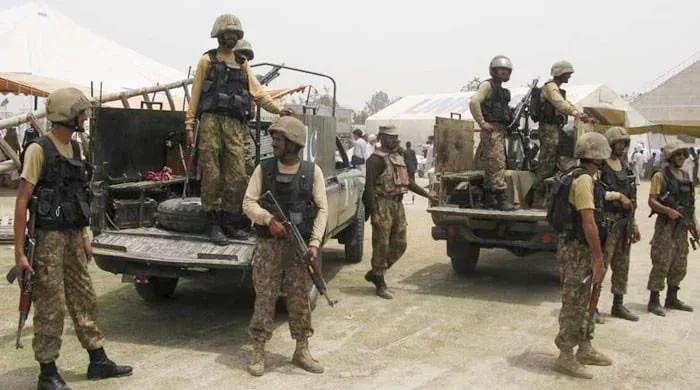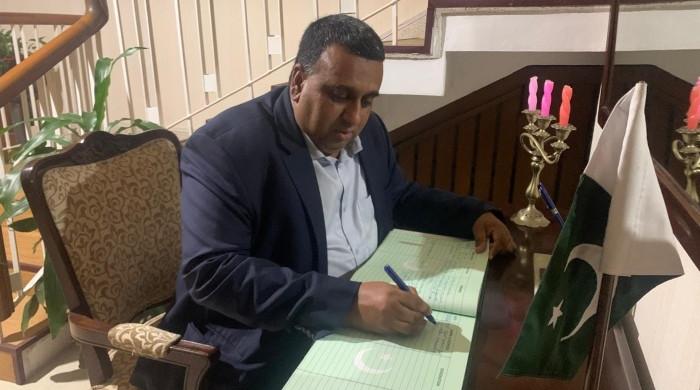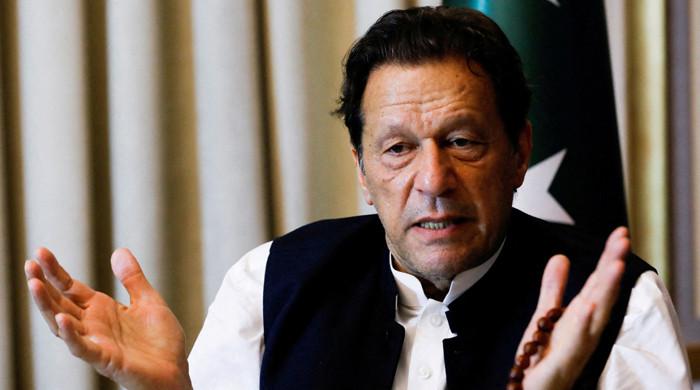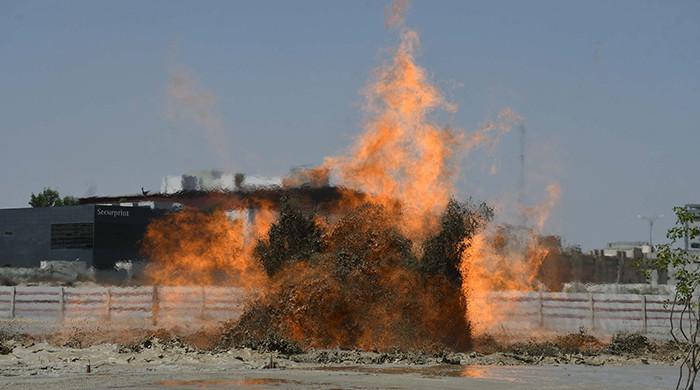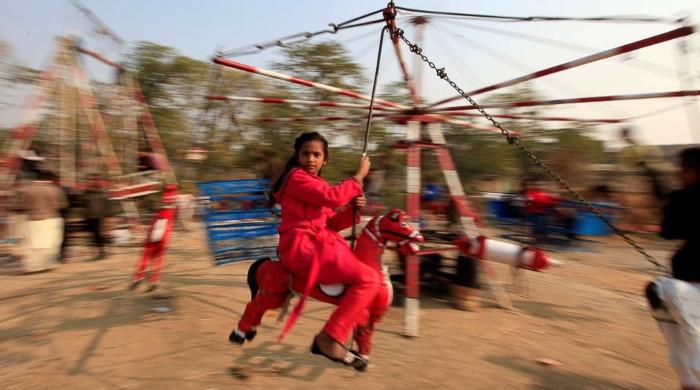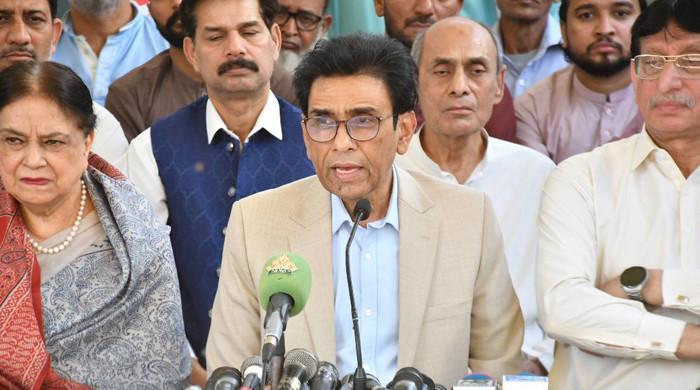How Russia-Ukraine conflict affecting Pakistan's power cuts
European campaign to quit Russian fuel doesn't only push Pakistan into darkness, but also destabilises cash-strapped country's new govt
June 15, 2022
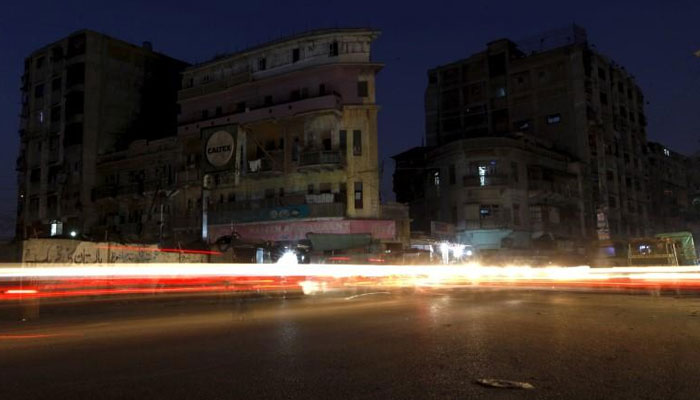
Amid searing hot weather, Pakistan is facing hours long power outages due to a fuel crisis as it is unable to procure liquefied natural gas (LNG) from Italian and Qatari suppliers.
All of this is a result of a European campaign to quit Russian fuel to punish Moscow for its invasion of Ukraine, shifting the entire burden of fuel procurement on suppliers, other than Russia. This doesn't only push Pakistan into darkness, but also undermines the regime and destablises the newly formed government, a news article by Bloomberg stated.
The country, which is the fifth most populous in the world, had massively invested in the import of liquefied gas under long-term contracts with Italian and Qatari suppliers a decade ago as a protective measure against violent international price hikes.
Some of these suppliers have left Pakistan in the situation it worked so hard to avoid as they continue to supply in the lucrative European markets, but limiting the trade with developing markets.
The cost of LNG has surged by more than 1,000% in the last two years, first on post-pandemic demand, then on the Russia invasion of Ukraine. Russia is Europe’s biggest supplier of natural gas, and the threat of supply disruptions sent spot rates to a record in March.
Already cash-strapped Pakistan procured a single LNG shipment from the spot market for around $100 million — a record high price — just to save the nation from power outages during Eidul Fitr 2022 holidays. By the end of the current fiscal year in July, Pakistan's costs for LNG could surge up to $5 billion, which is double the costs compared to last year, as per the publication.
The crises-hit Pakistan is forced to continue expensive purchases as Prime Minister Shehbaz Sharif has ordered his government to resume importing LNG, despite warning that the country doesn't have enough money to procure overseas gas.
"The supply crunch will go beyond blackouts. The government has redirected existing natural gas supplies to power plants, short-changing fertiliser makers that depend on the fuel as a feedstock," Bloomberg stated.
This could also jeopardise the country's next harvest, subsequently causing a food price hike the next year. Meanwhile, the cellphone towers will also run out of fuel soon as they use backup generators to sustain services through power outages.




